
The paranormal and political horror of 'Historias de lo Oculto,' an Argentine thriller that "bewitches" festivals
"The governments are not Satanists, with neoliberals they are overpowered," says filmmaker Cristian Ponce, who talked about conspiracies, magic, and good…
"You were used for a purpose and then erased, so, as much as I insist..."
Sixty minutes to go before the end of the last broadcast of Midnight, a political program financed by a pharmaceutical company was forced to close due to economic pressure. The streets look empty, the lights seem dimmer than ever, everyone is hooked to their TVs amid an oppressive atmosphere. Statics of digital demonism and arcane distortions highlight the broadcasts. The claw of sinister mystery posed by a notebook filled with rituals and secrets poses the same anticipation as one that constrains the future of the country and our gloomy global political reality.
Thus, in the same gray key of his black and white proposal, trapped by the nostalgia of textures they add to the film, Cristian Ponce presents Historias de lo Oculto (Stories of the Occult), an amazing thriller of terror and political-paranormal horror. Recreating the golden decades of television, where an entire nation watched, the leading journalists follow the broadcast from a secret location. In its last program, a magician named Adrian Marcato, an important businessman, is about to reveal the origin of a conspiracy that links the government to an evil coven. He appears in the promotional poster recreating the posture of the most infamous magician of the 20th century, Aleister Crowley, founder of Thelema and the Ordo Templis Orienti.
With great performances by Germán Baudino in the role of Marcato, Héctor Ostrofsky as a news director, and Nadia Lozano, all of them perfectly interpret the fear implied by the asymmetry of a few editors fighting against a state conspiracy. In addition, the enemy has magical resources. If the mythical role of the program plays a crucial role for the journalists, Marcelo Cataldo's music is just as important to the atmosphere in general.
It's a very interesting plot to a political thriller with synchronic relationships to world news — an oppressive mantle that goes beyond the plot to the technical details of the show and plays the halfway game between criticism and aesthetics that is mixed with the nostalgia of old journalism.
There are touches of trippy introspection that has the journalists following the exhortations of the magician and the pharmaceutical company that advises him. All of it is staged with an iconography featuring references to Crowley's Thelemic magic, and to a new cosmic horror. Both alternate in similar proportions, and are reminiscent of Kenneth Anger's Typhonian magic.
For all these reasons, amid a virtual world and presidential conspiracies, such as Trump's denial or Peru's crisis, AL DÍA met with Cristian Ponce, the screenwriter of La Frecuencia Kirlian (2017-2020) — available on Netflix — La obra de mi vida (2018), and now, Historia de lo Oculto (2020), which is touring European festivals.

We did it in La Plata, a city that is 40 kilometers away from Buenos Aires. We needed the TV studio scenes first to play them later, already recorded and edited, at the journalists' homes so that we would not be doing composition or green screen effects. First, there were three days in May when we recorded the television scenes and then in July, we recorded everything in the house, which was the longest, in seven or eight days. The stuff on the street with Natalia and the public phone was two more days of shooting. We were so cold! Then came the editing of loose ends that were not in the original script. We made the first cut and felt it was necessary to put a face to the president everyone mentioned.
Both. I really like black and white and it was part of the idea. Also, since there was very little money for the film, we began to decorate it with texture changes. It was a way we thought people would buy it more. There is still a residual idea from independent cinema that shooting in black and white is cheaper, as was the case in the early films of Kevin Smith or Darren Aronofsky. Now that doesn't make sense, but unconsciously that idea remained.
We felt that it was a way for the audience to better accept the few resources we had and the whole team believed that it worked narratively. These were sensations we wanted to exploit.
We felt that we couldn't immerse ourselves in some classic horror because we would be short of money. That's why we adopted this semi-documentary approach. From my point of view, there is a strong inspiration from the Thelema already present in promotional posters. But it's purely visual, what we tried to do was play with aesthetics. The character of Marcato, who has the same surname as the character in Rosemary's Baby (1963), is put in the gesture with Crowley's hands and we knew that there was an audience that would understand it right away. We thought we were creating our own mythology, which in reality appears as a being. That's why I'm surprised by some reviews that talk about Satanism.
The game was always more aesthetic and cinematographic than philosophical. Taking images of the collective unconscious and putting them together. When the room finally turns red and the tentacles appear, it was a reference to H.P. Lovecraft's universe, but also without getting into the Cthulhu Mythos. It's a pastiche, a post-modern proposal that also draws on conspiracy films.
RELATED CONTENT

It seems to me that the approach we all have to television is extremely nostalgic. That television does not exist anymore. At the time, it was a mirror of culture. Today, I have not had a television for six years. It is an aesthetic that no longer exists. The film seeks to recreate our memory about that rather than talk about real television. It is a nostalgic question like everything else in the film that tries to touch certain strands.
When I wrote the film, we were under a previous government. Argentina is always in a complicated political situation. It doesn't matter when you read this. Even then, there was a conspiracy affecting the government.
I thought of it more as a modernization of alchemy. I pictured the program's promoters as a family of sorcerers. Von Merkens are the opponents of President Velasco, and the surname of a strange family that appeared in Ingmar Bergman's The Hour of the Wolf (1968).

Conspiracies obviously exist because there are always conspirators and corruption. From that to the theories, it seems to me that there is an abyss. I don't believe in any of them. They amuse me a lot as part of a narrative, as they did in the X-Files (1993-2002) or in the paranoid cinema of the 70s.
I do believe that governments try to screw us in many ways for their own benefit, but I don't think they are Satanists... I don't think they need to be Satanists, neoliberals are enough for them.


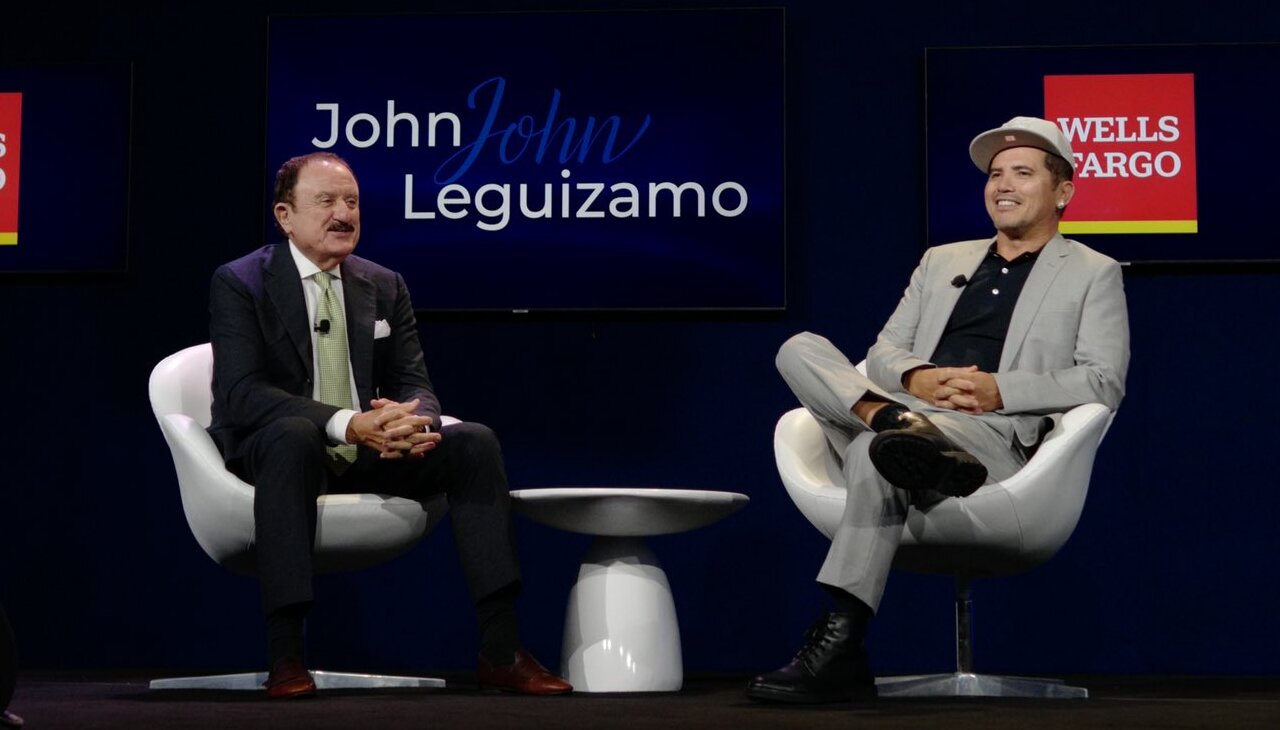
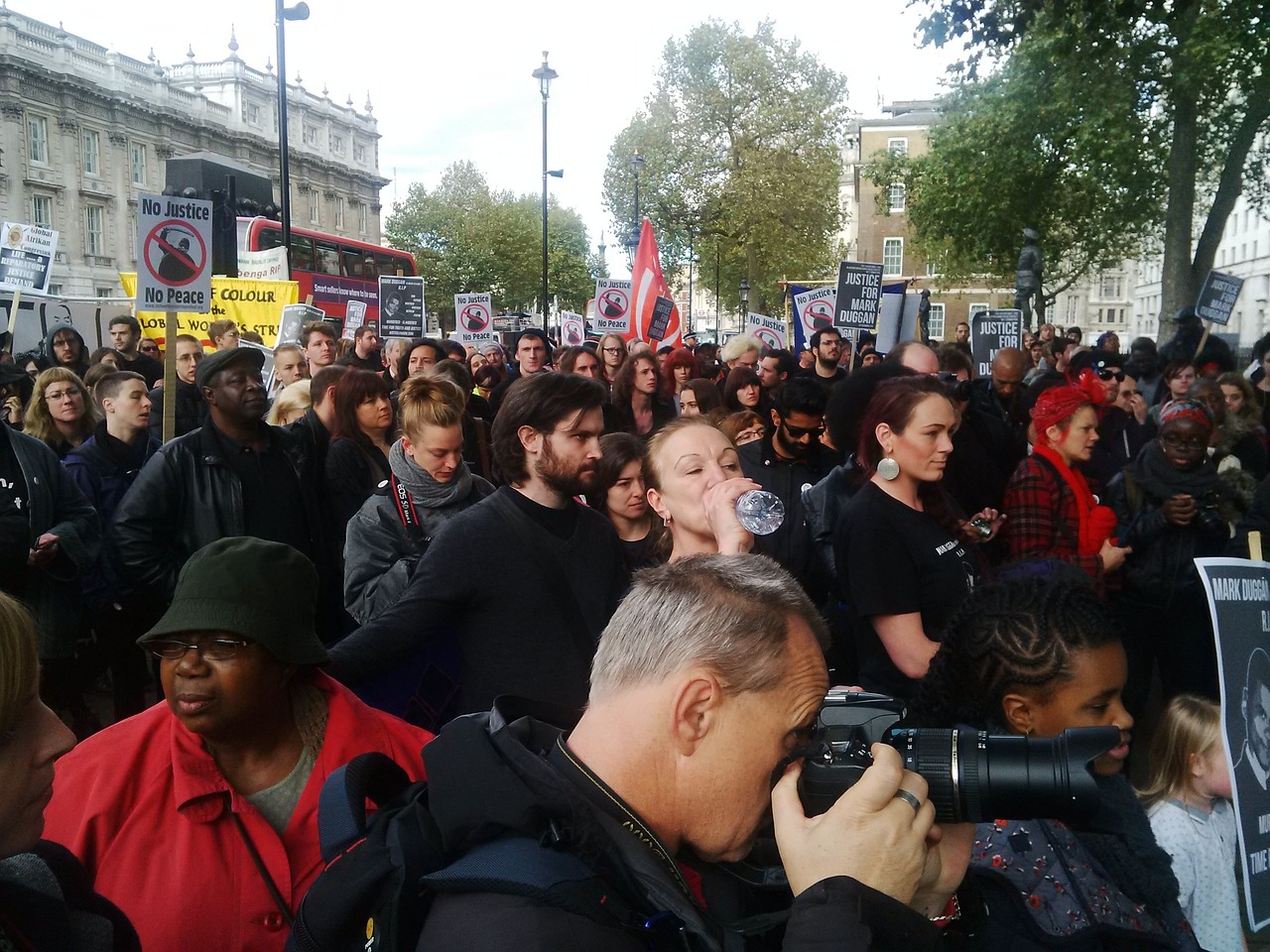



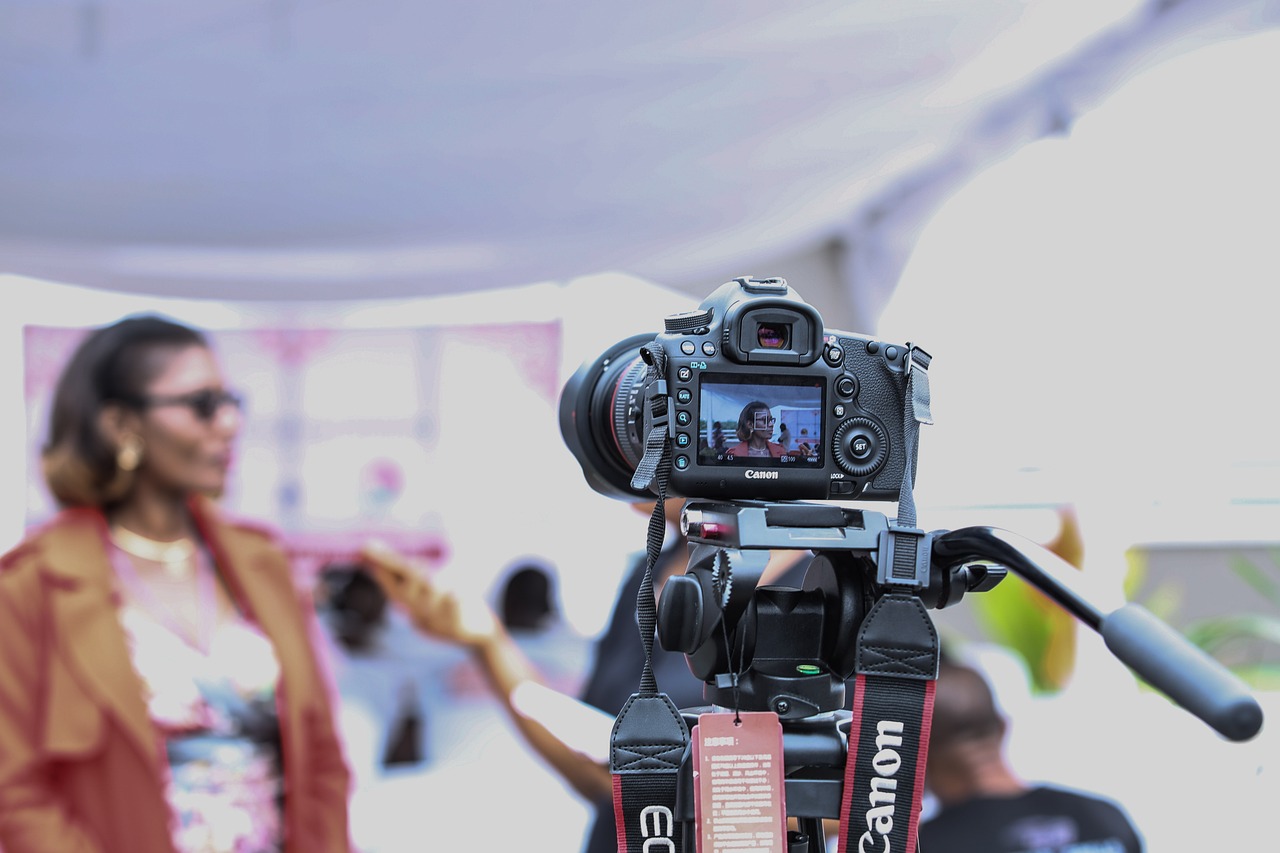
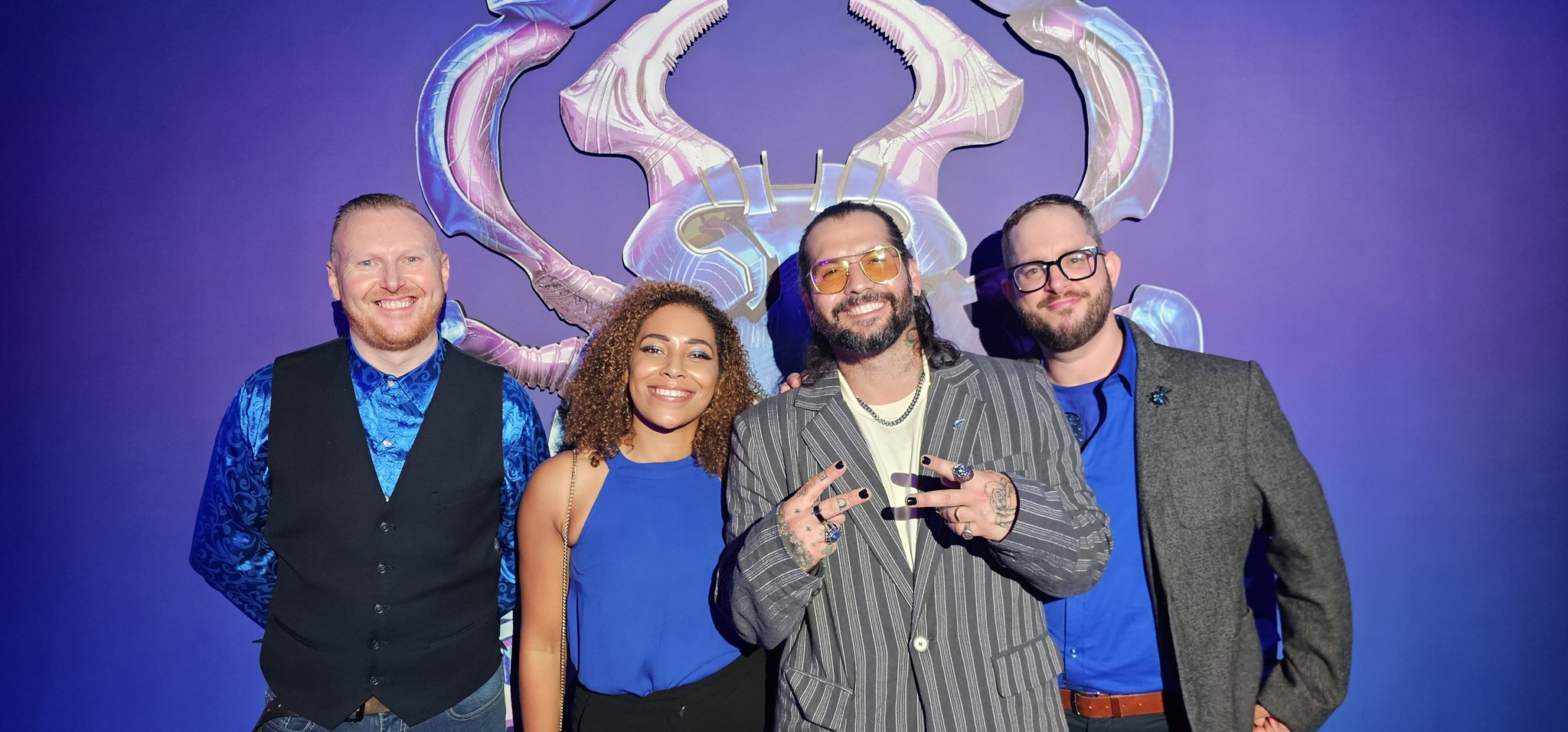
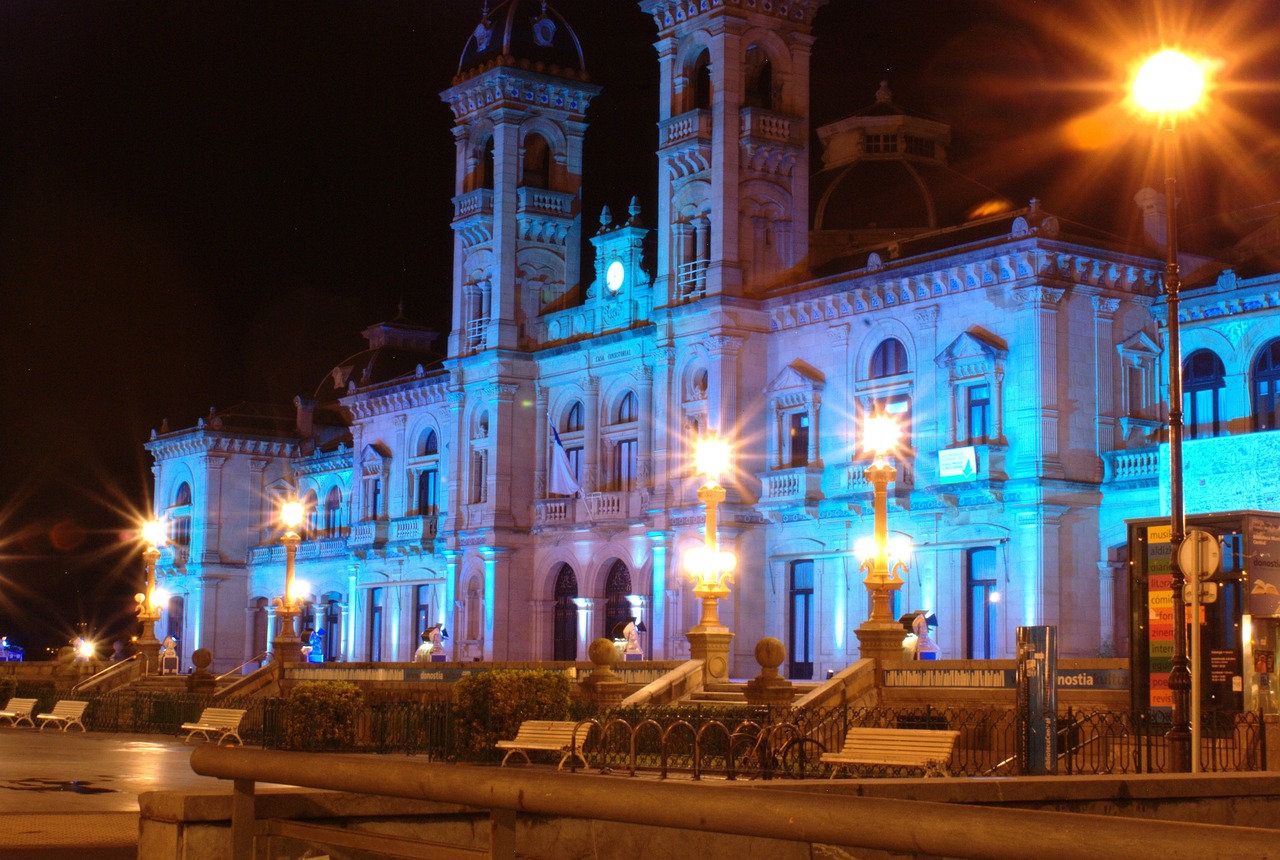
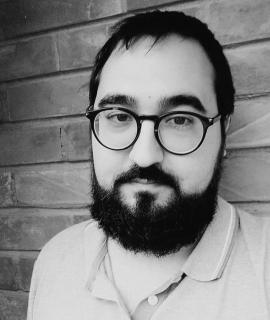
LEAVE A COMMENT:
Join the discussion! Leave a comment.